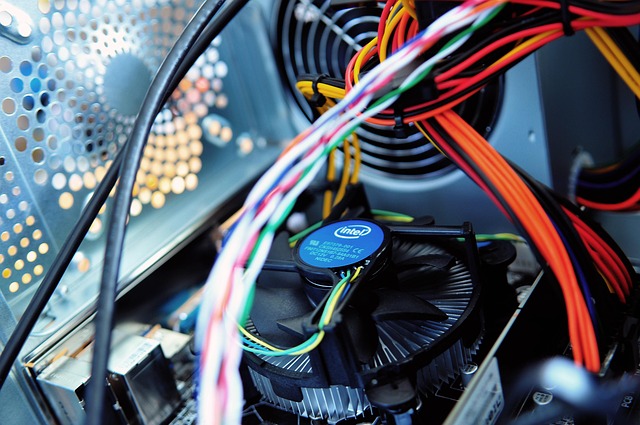Temperature is a critical factor in fermentation, impacting speed and outcome. Ideal ranges vary by food type but generally fall between 20-30°C (68-86°F). Latitudinal variations require specific climates for optimal conditions. The ideal temperature for fermenting foods is 68-72°F (20-22°C), ensuring efficient enzymatic activity and consistency in quality. Precise temperature control using specialized tools is essential for safe, successful fermentation, especially in regions with climate variations.
Discover the optimal temperature for fermenting food and unlock the secrets to delicious, homemade pickles, sauces, and more. This comprehensive guide explores how temperature affects fermentation, delving into the science behind it. We’ll break down factors like culture types and environmental conditions that impact ideal temperatures. Plus, learn best practices for maintaining consistent ferments, ensuring consistently tasty results.
- Understanding Fermentation and Its Temperature Sensitivity
- Factors Influencing Ideal Fermentation Temperatures
- Best Practices for Maintaining Consistent Fermenting Conditions
Understanding Fermentation and Its Temperature Sensitivity

Fermentation is a natural process that transforms carbohydrates into acids, gases, or alcohol through the activity of microorganisms. It’s a delicate dance between various factors, with temperature playing a pivotal role in determining the outcome and speed of fermentation. Different types of fermented foods have ideal temperature ranges that significantly influence their production quality and efficiency.
Temperature directly affects the metabolic activity of the microbe cultures involved in fermentation. For instance, many bacteria and yeasts thrive within a narrow window around 20-30°C (68-86°F), while others prefer colder conditions below 15°C (59°F). Latitudinal variations and changes in elevation can significantly impact these ideal temperatures, with some fermented foods requiring specific climates to achieve the desired characteristics. Moreover, controlling temperature is crucial for maintaining safety standards, as elevated temperatures inhibit harmful bacteria’s growth but might alter the desired fermentation process. Relating temperature to other factors, like relative humidity impact, is also essential for creating optimal conditions in various fermentation scenarios, ensuring that both the process and final product meet desired specifications. Find us at accuracy calibration for precise temperature conversions and control during your fermenting endeavors.
Factors Influencing Ideal Fermentation Temperatures

The ideal temperature for fermenting food is a delicate balance that significantly impacts the process’s efficiency and the final product’s quality and safety. Several factors, including bacteria types, food type, and desired fermentation outcome, play a crucial role in determining this optimal temperature. Generally, most fermented foods thrive between 68°F to 72°F (20°C to 22°C), as this range facilitates the ideal enzymatic activity required for successful fermentation.
However, ocean currents impact these temperatures, with colder waters slowing down fermentation and warmer ones accelerating it. Therefore, precise control is essential, especially in regions with varying climates. Using a thermometer reading can help maintain consistency and ensure food safety standards. Visit us at enzymatic activity anytime to learn more about the intricate science behind fermentation temperatures.
Best Practices for Maintaining Consistent Fermenting Conditions

Maintaining consistent fermenting conditions is key to producing high-quality fermented foods. The ideal temperature for fermentation typically ranges between 60-75°F (15-24°C), as this range supports optimal activity from beneficial bacteria while suppressing spoilage organisms. Deviations from this range can significantly alter the biochemical principles underlying fermentation, leading to less desirable outcomes or even failure of the ferment.
Precision in temperature control is akin to an art and a science. Just as astrophysicists explore celestial bodies through precise measurements, so too should home fermenters refine their techniques. Using tools like dedicated fermenting thermometers and insulated containers can help maintain consistent temperatures, mitigating the effects of thermal expansion and ensuring a successful fermentation process. Give us a call at radiation transfer for expert advice tailored to your specific needs.
Maintaining the right temperature is key to successful food fermentation. A consistent temperature between 68°F and 72°F (20°C and 22°C) is ideal for most fermenting foods, as it supports the activity of beneficial bacteria while preventing unwanted spoilage. By understanding how temperature affects fermentation and implementing best practices, you can create the perfect environment for your fermented delights to flourish.
